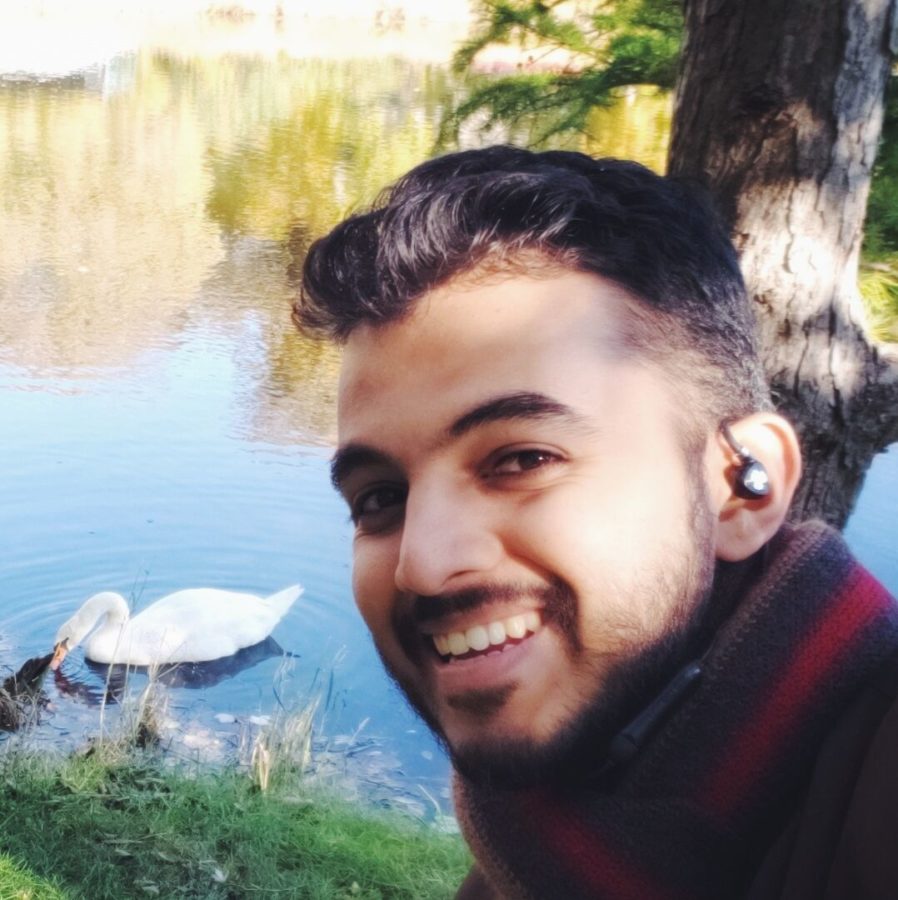Shiralkar: A case for audiobooks
November 29, 2020
The first audiobook I ever listened to was “Ready Player One” by Ernest Cline. The narrator was Wil Wheaton. It was a strange time in my life — I remember listening to the book with my headphones in, playing “Rocket League” on my laptop while it rained heavily outside.
Audiobooks had never been a medium I’d taken seriously before, so it came as a bit of a shock to me when I thoroughly enjoyed the experience of listening to its full-length (about 16 hours of runtime) narration.
Audiobooks came into existence in the late 1870s, around the same time Thomas Edison invented the phonograph. Eventually, public libraries and book clubs played a role in its popularization into a medium of mass consumption in the 20th century.
Today, Amazon’s company Audible holds the monopoly of the modern audiobook. Boasting high-quality production with professional actors in the narrations, Audible has been instrumental in spawning a new wave of audiobook enthusiasts.
They’re still not as popular as I thought they would be though. My friends seem to be wary of the audiobook’s mechanism; the idea of a person(s) reading the words out loud into a microphone is weird, and the comforting physical touch of a mystery novel is simply too delicious of a luxury to give up.
And I agree, audiobooks can’t replace that. But the whole idea is that they’re a different sort of utility. I currently work two part-time on-campus jobs, which gives me ample commuting time to listen to books at 1.3x speed.
A 2019 study by researchers at the University of California, Berkeley suggests that words tend to activate the same brain regions with the same intensity as reading a hand-held book, regardless of input, so you’re not really missing out on any content if you listen to a book.
Listening to the words being spoken aloud is a peculiar experience, sure. However, it’s a rather pleasant one, at least to me and the people over on Reddit. In fact, I’ve recently listened to all the 17 books in the “Dresden Files” by Jim Butcher series via audiobook, clocking about 15 hours of runtime each, all while taking the 23 Orange and 3 Blue routes around campus.
Among Edison’s primary purposes for this particular innovation were its utilities for visually impaired individuals. Audiobooks have also shown to increase the ability to disseminate information better in schools. Audiobooks are really fun, plus the local libraries have entire catalogs of free copies.
If you don’t feel like paying Amazon, there are crowdsourced alternatives like LibriVox, where narrators are volunteers, or the Internet Archive, where old audio cassettes have been digitized for modern consumption. I’d highly recommend cooking while listening to a nice whodunit mystery; if nothing else, they make great background noise for chores. Wash your hands and wear a mask.

















